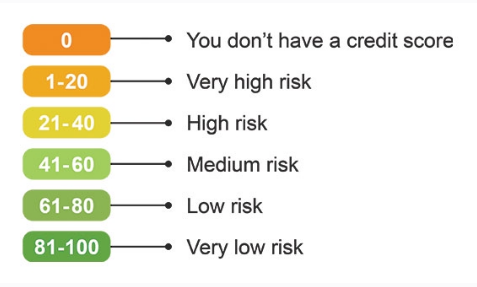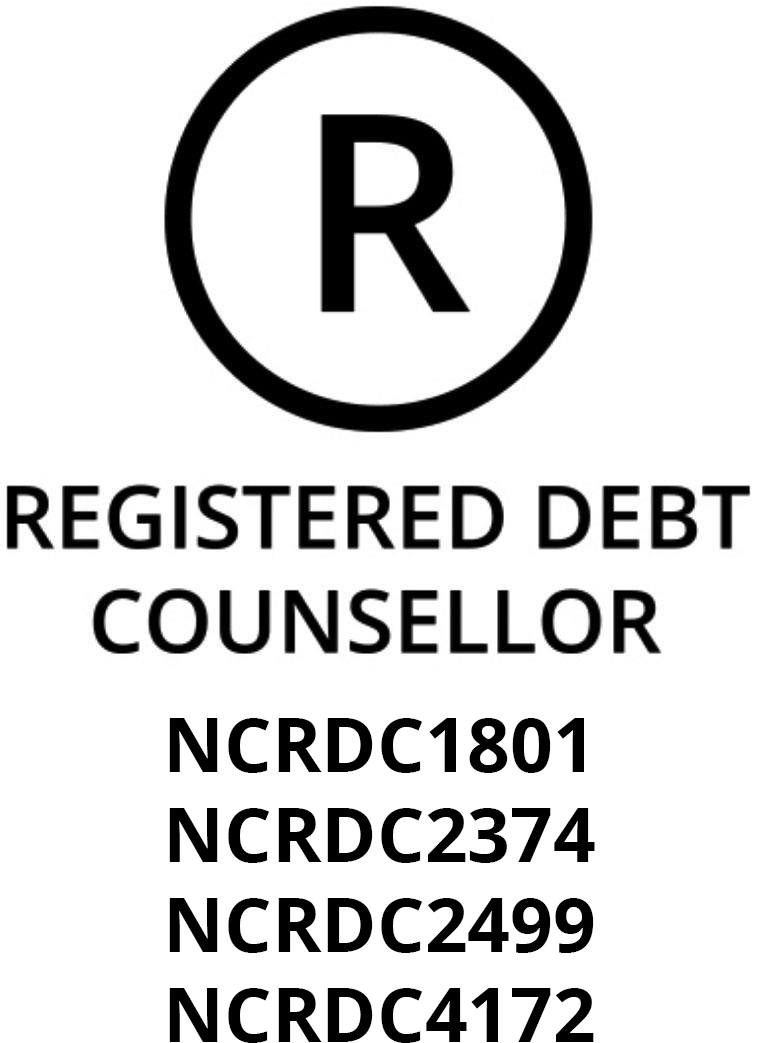Do you know the difference between debt and credit? Many people use the words interchangeably, thinking they have the exact same meaning, when really they don’t.
The confusion is caused by the fact that the two are so closely related to each other, and they have effects on each other as well.
It’s important to know the difference between the two, as they both can have a significant impact on your financial health.
In this article, we’ll clarify the differences between debt and credit for you, so that you can be fully in the know when working on your finances.
What is credit?
There are many ways to define credit. It could be the amount that is available for you to borrow or it could be your ability to borrow.
In the most general sense, credit is defined as a contract entered by two parties - a consumer and a creditor - in which the consumer receives something of value in the present and agrees to repay the lender at a later date, with interest. You could also think of it as a company lending you money for something - you’ll have to pay it back at a later stage, with interest.
Credit helps you pay for your purchases when you don’t have enough cash or assets to do so.
This is not to be confused with your credit score, which is a number used to determine your creditworthiness - or your ability to take out more credit.
Your credit score is calculated by credit bureaus, based on various factors such as the number of active credit accounts you have, the amount of money you owe, and the amount of money you earn.
An example of credit
Most of us have taken out credit in one form or another. Many people think that you cannot live without some form of credit. The most common examples are:
- Personal loans
- Car loans
- Mortgages
- Store cards
With all of the above, you are being given either money or items now, that you will have to repay or pay for at a later stage.
What does your credit score mean?
Your credit score is a determining factor in your financial health. It is the measure by which banks, creditors, renters, and even some employers judge you.
A low credit score means that you carry high financial risk. If your score is low, you’re likely to be turned down for additional credit, and you may have higher interest rates.
A high credit score means that you have low financial risk. Banks and creditors will more likely give you loans and you will have lower interest rates on your accounts.
You can check your credit score on any credit monitoring site, it is usually free. Each site has a different numbering system which they use to show you your score. On the DebtBusters platform, we use 0 - 100, and this is what it means:

What is debt?
Debt is the result of having taken out credit. It is the amount of money you have borrowed. Debt is always paid back with interest and other fees such as initiation fees, monthly fees, or administration fees.
In other words, debt is an obligation that requires one party, the debtor or consumer, to pay money to another party, the creditor or bank. It is a deferred payment, or series of payments, which differentiates it from an immediate purchase.
An example of debt
Your personal loan, home loan, vehicle loan, and business loan are all money that you owe and are considered debt.
Credit facilities such as credit cards, store cards, and overdrafts are also examples of debt. With these, you will always have credit available, and this can be a slippery slope. Technically, you could spend endlessly - but eventually, you will have to pay it back and by then you may have racked up such a large amount that you cannot afford it.
Need debt counselling or consolidation?
Explore DebtBusters' solutions for reducing your interest rates and unlocking cash.
Find out moreWhen is debt good vs bad?
Some debt is considered good, while others are considered bad - from the viewpoint of banks and other creditors. The idea of good vs bad debt is useful to keep in mind when you are considering taking out additional loans or opening more store cards.
Essentially, good debt is credit you can reasonably afford (i.e. you are sure you will be able to pay it back), that is used to buy things that you need (such as a home). Usually, debt is considered good if the item you are buying will have long term use or will be financially beneficial to you in the long run - like purchasing an asset.
In this case, opening a new store card is not good debt. It will not bring you long term benefits and you do not really need it. It might only cause you to accrue unnecessary debt - which can be damaging. If you have too many open store cards that are unpaid or not up to date, that will be considered bad debt.

The relationship between credit and debt
Essentially, taking out credit results in debt. If you take out too much credit you could become over indebted. This means that you will no longer be able to afford your monthly payments to all your accounts, and you likely have nothing left from your salary after all the deductions are made.
You need to be able to use credit wisely, to ensure that you do not become over indebted.
Credit usage is essential for building a credit score. And without a credit score, you are unlikely to get a home loan - for example - meaning you won’t be able to purchase property even if you need it. This is another reason you need to be good with credit. Because you need credit to take out more credit. But you also need to ensure you won’t take out too much credit, or you might still get rejected for additional credit like home loans.
Should you take advantage of high credit limits?
Sometimes credit providers increase your credit limits (that is the amount that you can access on your credit card, overdraft, or for personal loans) when they see that you are a good debtor. Good debtors are those consumers who pay their debt on time and pay what is due. It is also those whose debt-to-income ratio is lower.
Making use of this is often not a good idea, because it can lead to overspending and eventually land you in debt. You should be very careful when maxing out your credit limit - because it was good spending habits that made you a good debtor.
The problems with credit high limits
Many people get excited when they see this increase because, after all, it feels good to know that you always have access to cash to use whenever you need it. Even though this may look good, it could cause you to become over indebted if you’re not responsible.
It will damage your credit rating in the long run, and it will make it hard for you to obtain credit in future, or you will pay higher interest rates. Creditors will also see you as high risk if your credit limit is too high.
If you apply for a personal loan while you have a credit limit that is way higher than your income, creditors may think that you will max out your credit limit and be unable to pay your debt.
The benefits of high credit limits
On the other hand, having a high credit limit can also boost your credit score. If your credit limit is on par with your income and you are not utilising it, or you pay back whatever you use, creditors will see you as a responsible debtor. They will grant you loans at a lower interest rate and you might even be offered more credit cards.
Using your credit wisely will help you avoid unnecessary debt and over-indebtedness. Speak to your financial adviser about how to manage your credit.
DebtBusters can help you if you’re struggling to pay off your debt. Speak to a consultant at info@debtbusters.co.za. Alternatively, you can call us on 086 999 0606.
Let us call you back
Fill out our form below to get a free call-back from one of our consultants to discuss your debt situation.
Jump to form




